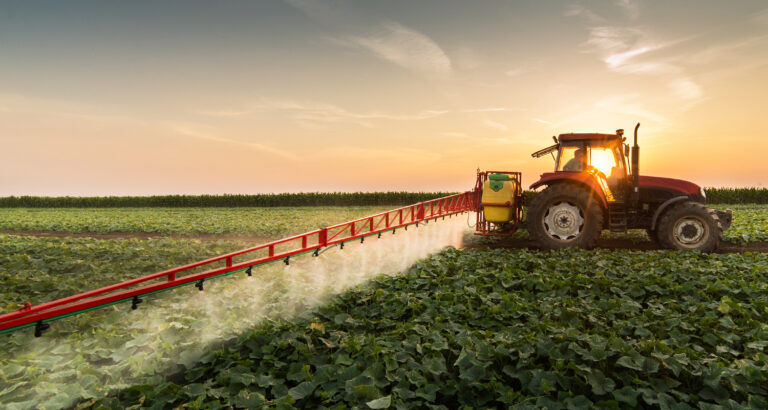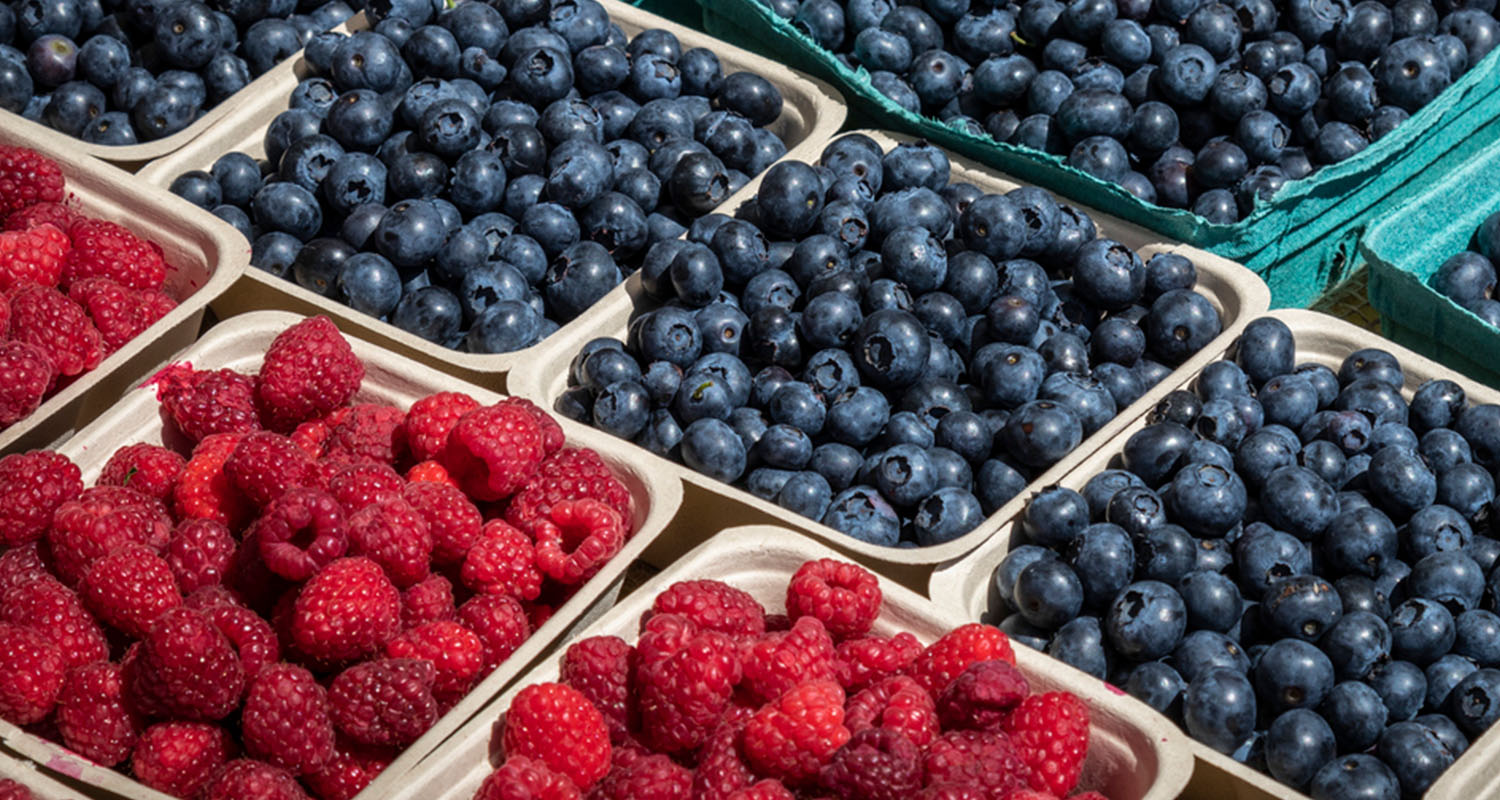
A study in the Journal of Applied Toxicology showed that frog embryos that were exposed to glyphosate developed deformities.[ref url=”https://onlinelibrary.wiley.com/doi/full/10.1002/jat.3811″]
This study is one of a growing body of research that shows that glyphosate not only affects plants and soil systems that were directly sprayed. It also affects the surrounding life.
Other ways that glyphosate disrupts the biology of humans and ecosystems in and surrounding agricultural areas:
- Glyphosate harms bees. Glyphosate isn’t a pesticide, so it doesn’t kill bees outright. Instead, researchers found that it disrupts bees’ gut bacteria, which makes entire bee colonies more susceptible to deadly diseases.[ref url=”https://www.pnas.org/content/115/41/10305″] Flowering plants cannot reproduce without bees, so the decline of bee populations directly affects the food supply.
- Glyphosate affects the health of earthworms, which affects the integrity of the soil. Even the glyphosate that ran off from a simulated light rainfall was enough to cause a significant change.[ref url=”https://www.nature.com/articles/srep05634?hc_location=ufi”]
- Glyphosate is linked with cancers such as lymphomas. More and more cancer patients are bringing lawsuits against the manufacturers of glyphosate, and winning. You can read about the billion dollar verdict here.
- Glyphosate is toxic to human cells and DNA. Even though the government says it’s safe, researchers have found that glyphosate kills human cells in laboratory studies.[ref url=”https://www.sciencedirect.com/science/article/pii/S0300483X12003459″][ref url=”https://link.springer.com/article/10.1007/s00204-012-0804-8″]
RELATED: Why Eating Organic Really Does Matter
Avoid glyphosate when you can

Glyphosate destroys soil bacteria, which disrupts the balance of beneficial bacteria and insects that help your food grow. Organic food is glyphosate-free, free of antifungals and antibiotics, and it supports healthy soil way more than conventionally-grown food.
Glyphosate doesn’t stay where farmers put it. Support small, sustainable farms — your dollar decides who stays in business and who has to change their practices or close up shop. As much as possible, keep glyphosate away from your skin, your food, and your soil.









